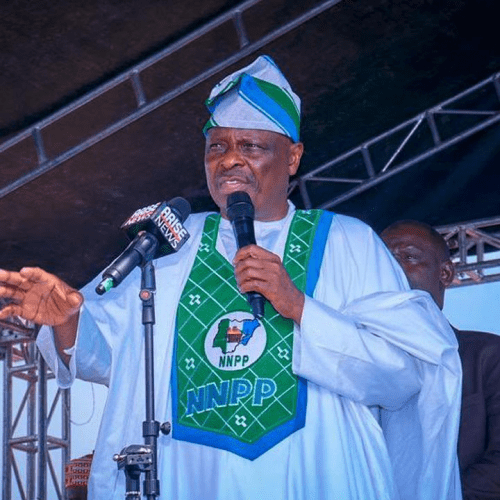Nigerian companies are on track to incur higher finance cost in the second half of the year as rising inflation rate pile pressure on the CBN to raise interest rates.
The latest data from the National Bureau of Statistics reveal Nigeria’s inflation rate rose by 20.52% in the month of August 2022, the highest pace since September 2005.
This is likely to trigger another rate rise from Nigeria’s central bank which will make it the third time this year. The benchmark interest rate was first raised in May to 13% from 11.5% and then again to 14% in July after the National Bureau of Statistics reported five-year high inflation of 18.60% in June and moved up to 19.64%, the highest since 2005.
When interest rates are raised by apex banks, it immediately elevates short-term borrowing costs for financial institutions with ripple effects on virtually all other borrowing costs for companies and consumers. For banks, it increases interest income, while for corporates it results in higher interest expenses.
According to data from 30 of the largest companies on the Nigerian Exchange, net finance cost has risen from N148 billion in the first half of 2021 to N203 billion in the same period this year. Total debts have risen to N2.8 trillion in the first half of 2022 compared to about N2 trillion in the same period last year. We expect finance costs to rise further in the second half of the year due to a combination of more loans and higher interest charges.
With the CBN likely to raise rates when the next monetary policy committee meeting takes place later this month, we believe the cost of borrowing across the country will rise in tandem. The apex bank gave the signal to this when it increased interest rates in regulatory forbearance for its intervention loans from 5% to 9% last month.
Nigeria’s central bank also seems to have chosen price stability over growth, thus the urgent need to raise rates and this can be seen in the personal statements of members of the MPC at the last meeting in August. Here is what the CBN said last August:
“Aside from narrowing the negative real interest rate gap, Members were also of the view that tightening would signal a strong determination of the Bank to aggressively address its price stability mandate and portray the MPC’s sensitivity to the impact of inflation on vulnerable households and the need to improve their disposable income”

CBN Governor, Godwin Emefiele actually went for a more aggressive rate hike, proposing 14.5%. This is what he said, “I am convinced that policy tightening, to a significant degree is crucial at this time. I believe that given the over 84 and 200 basis points increases in headline and food inflation, respectively, aggressive tightening is necessary to dampen pervasive inflation, contain expectations, and provide forward guidance.”
Nairametrics believes the central bank will raise rates to at least 14.5% when it meets on the 26th and 27th of September 2022. The impact will be huge across industries, especially for companies that are highly indebted or those that are planning to raise money from the debt markets.
The latest data from the apex bank reveal Nigeria’s prime and maximum lending rate was 12.1% and 27.6% respectively as of July this year. These rates are likely going to rise as we approach the end of the year and companies who have floating exchange rates will feel the pinch. We also envisage some of the country’s largest debtors who tapped the bond market at below MPR rates will continue to service the loans at the same rate however, rates for newer borrowings will likely increase.
in addition to a potential for rising rates on local-denominated loans, we also envisage an uptick in lending rates for foreign borrowings. Sentiments across the world suggest monetary authorities globally are primed to raise their rates when they meet later this month. These sentiments have sent global stock markets tumbling.
A rise in rates for dollar borrowing will also affect fresh debt issuance for local companies. Existing foreign currency loans are also likely to take a hit.
Investors in some of the highly leveraged companies on the Nigerian Exchange will need to brace up for the possibility of lower dividends next year. The stock market is also likely to take a hit as investors cycle fund out of potentially low-yielding investments into interest-bearing fixed income securities.
Nairametrics

















